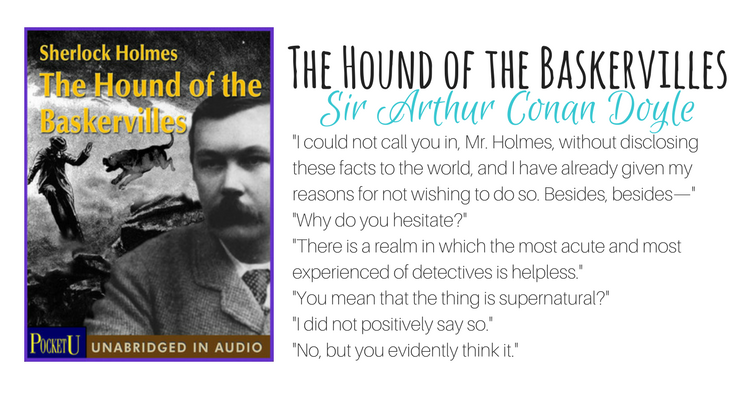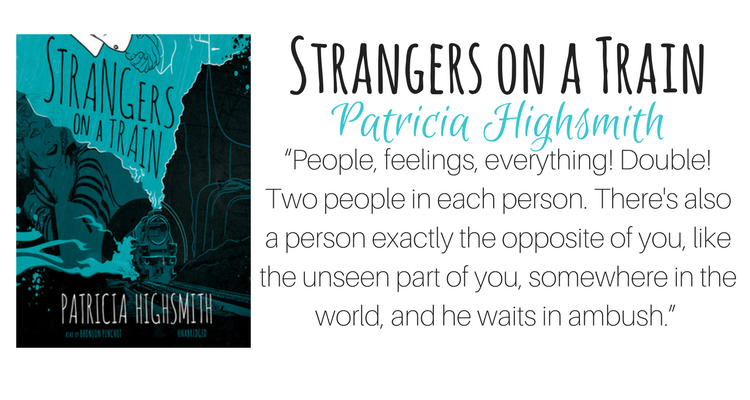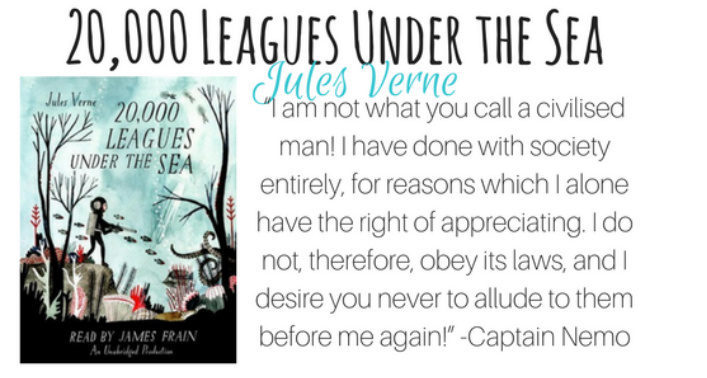
A Wrinkle in Time by Madeleine L’Engle
A Wrinkle in Time was a re-read for me, but I read it first back when I was like 10 or so and remembered absolutely nothing about it. I've been seeing the commercials for the new Disney movie too, but they're not really a good representation of the book.
Meg is a smart kid, but has trouble fitting in at school. Everyone thinks Charles Wallace, her little brother is dumb, but really he knows so much more than anyone. Calvin is a popular kid in school who never feels like he fits in, but he fakes "normal" well enough. The three of them go on a mission to save Meg's dad, a scientist who went missing, with the help of a trio of beings, Mrs Whatsit, Mrs Who, and Mrs Which.
This is a middle school book that deals with physics and religion, belief and identity, but it does so lightly. It's a fantasy/sci-fi story and the three kids have been thrust into...



